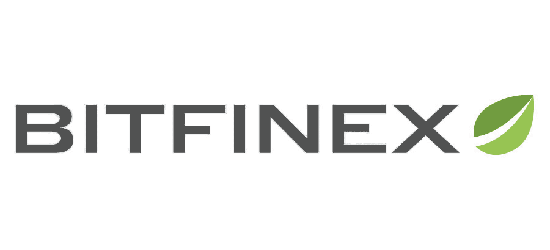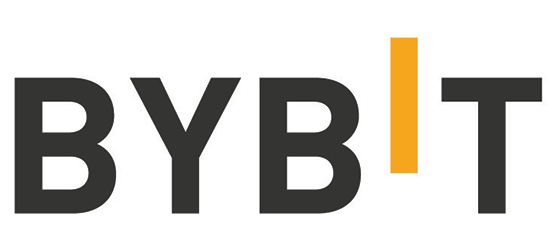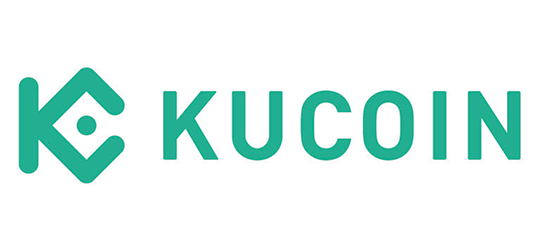
What are Ethereum ETFs?
On May 23, 2024, the US Securities and Exchange Commission (SEC) approved the listing and trading of spot Ethereum exchange-traded funds (ETFs) in the United States. Previously, only Ethereum futures ETFs were available for trading in the US.The reason why this approval is considered groundbreaking for the cryptocurrency industry is a potential significant regulatory endorsement for these leading digital assets in the global economy.
Ethereum ETFs approval comes nearly four months after the SEC's authorization of Bitcoin ETFs on January 20, 2024, an event that helped boost a significant 60% increase in Bitcoin's price since the beginning of the year. Bitcoin and Ethereum ETFs are investment tools that track the prices of BTC and ETH respectively, and are expected to boost liquidity and foster mainstream adoption of these cryptocurrencies.
Despite the significance of this event, Ethereum (ETH) showed no immediate price reaction. Throughout the week of May 27 to May 31, 2024, the cryptocurrency experienced a slight decline.
The reason why this approval is considered groundbreaking for the cryptocurrency industry is a potential significant regulatory endorsement for these leading digital assets in the global economy. This article explores what Ethereum ETFs are, how they operate, and the potential impact they could have on the broader cryptocurrency market.
SEC Approves ETH ETFs
On May 23, the Securities and Exchange Commission (SEC) authorized a rule amendment allowing three different exchanges to list and trade eight spot Ethereum funds. The approved applications came from the following exchanges, along with the ETFs they plan to list:
- NYSE Arca: Grayscale Ethereum Trust and Bitwise Ethereum ETF
- Nasdaq: iShares Ethereum Trust
- CBOE BZX: VanEck Ethereum Trust, ARK 21Shares Ethereum ETF, Invesco Galaxy Ethereum ETF, Fidelity Ethereum Fund, and Franklin Ethereum ETF
Although this regulatory change allows for the trading of spot Ether ETFs, the trading itself cannot start right away. First, the SEC must approve the individual ETF registration statements that include detailed investor disclosures.
The quick approval of spot Ether ETFs was unexpected by many in the industry, considering the SEC's traditionally cautious approach towards cryptocurrencies and the lengthy approval process for spot Bitcoin ETFs. It is still unclear how long the SEC will take to complete this approval process.
Understanding Exchange-Traded Funds (ETFs)
Exchange-Traded Funds (ETFs) are types of investment vehicles designed to track the performance of underlying assets, such as stocks, commodities, or asset class. They might consist of a single asset or a combination of various investments, like an index of stocks or a group of commodities, and are allowed to trade on stock exchanges. A single ETF might hold a mix of stocks from the S&P 500 index, offering investors exposure to a broad range of companies within that index often at lower costs compared to actively managed funds. Therefore, they are particularly popular among both individual and institutional traders who prefer a passive investment approach.
Traders can buy and sell them throughout the trading day at market prices, offering more liquidity and flexibility than traditional mutual funds.
For a clearer understanding, let’s consider an example. Suppose you wish to invest in technology companies. Instead of buying shares in several individual tech companies, which can be complicated and costly, you could invest in an ETF that includes a variety of tech stocks. This way, with just one purchase, you acquire a stake in multiple tech companies, simplifying your investment process.
What are Ethereum ETFs?
An Ethereum ETF provides investors with secondary exposure to the price fluctuations of Ethereum. It operates in a similar way to traditional ETFs. Just like Bitcoin ETFs, the aim of Ethereum ETFs is to provide a transparent, accessible, and regulated way for traditional investors to gain exposure to Ethereum. Ethereum ETFs come in two forms: spot and futures.
Futures ETH ETFs
Spot Ethereum ETFs aim to provide direct exposure to the current prices of Ethereum, while Ethereum futures ETFs are financial contracts that commit investors to buy or sell an asset at a specified price on a future date
Ethereum futures ETFs have been present in the U.S. markets since October 2023. In January 2024, regulators approved 11 Spot Bitcoin ETFs, and on May 23, 2024, 8 Spot Ethereum ETFs received approval.
Ethereum futures ETFs invest in these future contracts instead of directly owning the cryptocurrency. This means that these ETFs speculate on the future prices of Ethereum.
Ethereum futures ETFs are suitable for investors who wish to engage in speculative trading on Ethereum's price movements but prefer to avoid unregulated cryptocurrency exchanges. These futures contracts have expiration dates, and as one contract nears its end, the ETF's managers must replace it—or "roll it over"—with a new contract. This rollover process can affect the returns of the ETF, especially if the future prices differ significantly from the current ones.
Ethereum Spot ETFs
On the other hand, spot Ether ETFs monitor the asset's current price through direct holdings. These ETFs are structured similarly to traditional ETFs, where the management institutions commit to buying and holding Ethereum in their reserves to reflect its market value. These ETFs are listed on conventional stock exchanges like the New York Stock Exchange (NYSE), enabling investors to buy and sell shares. Each share represents an ownership portion of the underlying Ethereum maintained by the fund. This method of trading is comparable to that of standard stocks, making the investment process simpler and more accessible, especially for those not well-versed in handling digital assets directly.
This way offers investors a regulated way to gain exposure to the price fluctuations of Ethereum. By purchasing shares in a spot Ethereum ETF, investors can invest in cryptocurrency without the need to engage with centralized or decentralized crypto exchanges or to manage crypto wallets themselves. The value of the ETF is directly linked to the spot price of Ethereum—the price at which it is currently being bought and sold in the market.
How does spot ETH ETF work?
Spot Ethereum ETFs allow investors to engage or withdraw from positions at any point during trading hours. Here is a simplified explanation of how spot ETH ETF operate:
- The issuer of the ETF purchases actual Ethereum tokens, which serve as the foundational asset supporting the ETF shares.
- The ETF is listed on stock exchanges, which lets investors buy and sell shares like they would with stocks.
- When investors buy shares in the ETF, their investment tracks the price movements of ETH, minus any fees or expenses.
- To keep the ETF's market price in line with its net asset value, which is based on its ETH holdings, the ETF provider utilizes processes such as the creation and redemption of shares by large institutional investors, also known as authorized participants.
- This setup gives investors easy access to ETH investments and provides liquidity, eliminating the complexities of using cryptocurrency exchanges or managing digital wallets.
- Investors can sell their shares on the stock exchange. The value of these shares mirrors the current market price of Ether, reflecting its real-time market performance.
Final Words
After years of legal confrontations and resistance from the SEC, the cryptocurrency industry seems to be receiving a more favorable response from the regulatory body. A softer stance from the SEC, along with a shift in perspective among various politicians and political parties, may indicate a new phase of acceptance for cryptocurrencies within mainstream finance.
The recent approval of spot Ethereum ETFs could act as a key driver for the wider acceptance of ether, providing a regulated and familiar investment option to a broader audience, including those traditionally involved in finance who are newcomers to cryptocurrencies. The SEC's green light for Ether ETFs potentially opens the door to billions of dollars in investments from institutional investors, which could positively influence Ethereum and the broader crypto ecosystem. This could lead to significant changes in market dynamics and promote a more inclusive regulatory approach towards cryptocurrencies.




























